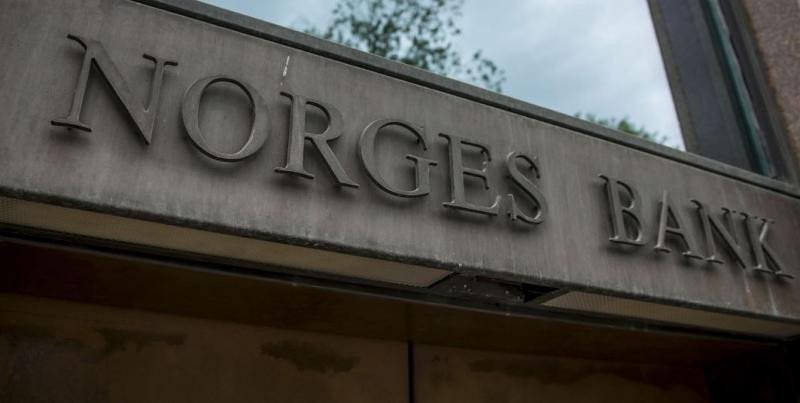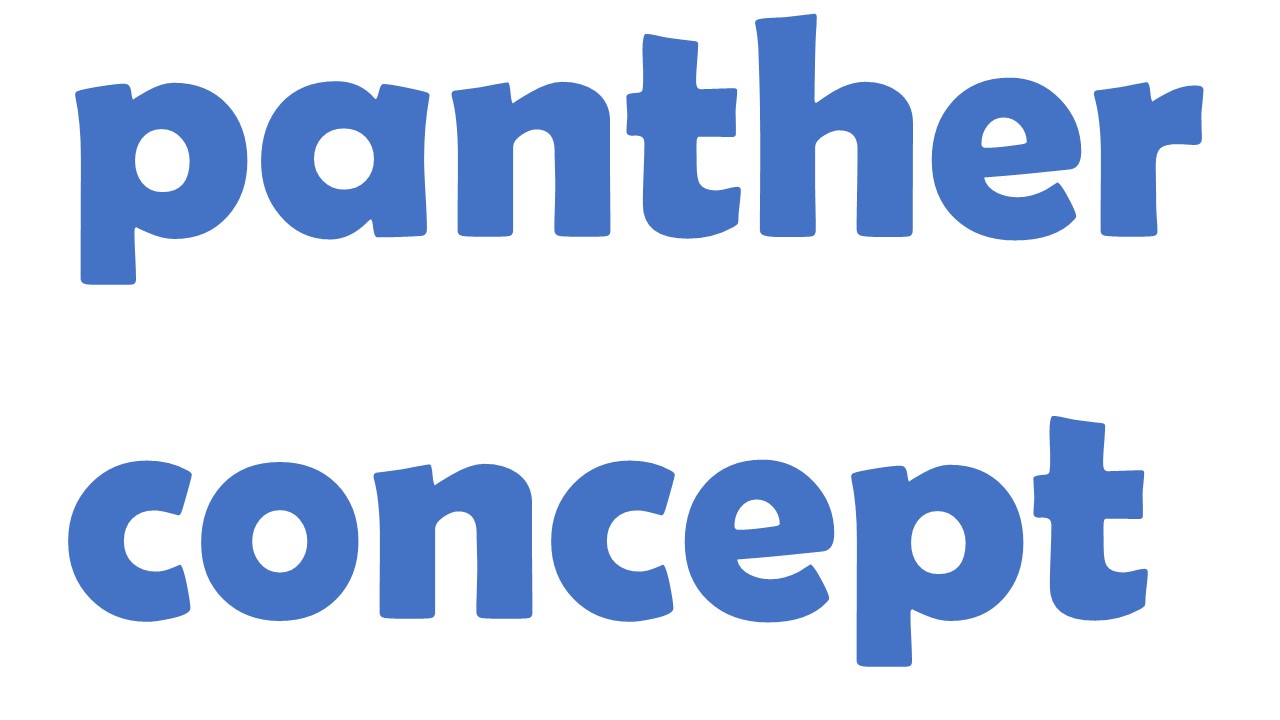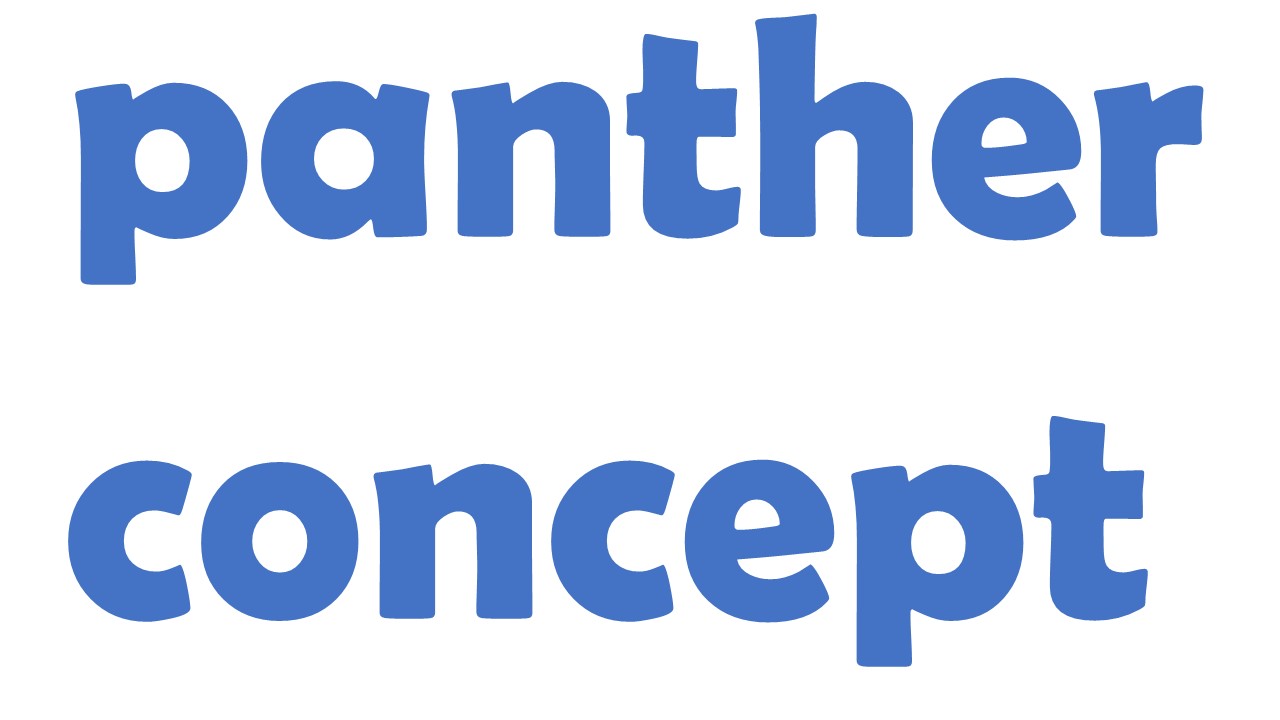
HOW CAN A COUNTRY BECOME ONE OF THE BIGGEST INVESTORS OF INDITEX
Norway is not only one of the richest countries in the world, but also one of the most influential in international finance.
At the same time, Norway is one of the most egalitarian countries on the planet, that is, one of the countries with the smallest gap between rich and poor.
It has one of the most generous welfare states in existence, with a very high standard of living. Norway is also one of the most powerful players in global capitalism.
Despite the fact that Norway has only 5 million inhabitants, Norwegian citizens are shareholders in the world's leading companies.
The Norwegian government has one of the largest investment funds in
the world, with shares in almost every company.
- The Norwegian-Swedish fund controls more than €8 billion in IBEX companies and is a core shareholder in some of the largest companies.
- The fund invests in 9,000 companies in 73 countries, which as of 30 September last year had a value of 950 billion euros.
What are the causes of its wealth?
A good source of income comes from oil. Norway is one of the world's largest producers of oil. However, they are nothing like other oil-producing countries.
The problem with Norwegian oil is that it is difficult to extract since it is twice as expensive as extracting Saudi oil.
Most Norwegian oil comes from deposits in the North Sea. These fields are shared with other countries such as the UK.
However, Norway has been the country that has extracted the most oil from the North Sea.
Norway is a clear case of state capitalism.
Norway has never been a particularly poor country, but neither has it been a rich one. In the 1950s, Norwegians had a standard of living similar to that of the French: richer than the Spanish, but well below their Swedish and American neighbours.
At that time, nobody thought Norway could have oil. But things changed in 1959, when Shell started its exploration in the North Sea.
Shell was an oil company from the Netherlands, and it was looking for possible deposits off the coast of the Netherlands.
In the end, it found gas, which led it to believe that there would therefore be oil. The fields turned out to be in UK and Norwegian waters.
In 1972, the Norwegian government set up its own oil company: STATOIL. Thus the North Sea boom exploded. In only 3 years, they doubled their per capita income.
Suddenly, all Norwegians wanted to stop working in fishing, in order to work in the oil industry. This phenomenon is known as the Dutch disease, or the natural resource curse.
The Dutch disease is a situation in which every time a country finds oil, the economy gets out of control. The government can afford to squander and lower taxes, while citizens want to work in that money-making oil industry.
As a result, the economy will produce only one product: oil. The moment the price of a barrel of oil falls, the national economy will collapse. Cases like these have happened in Venezuela, Saudi Arabia or Bahrain.
This is where the big difference in attitude between Norway and the UK comes in.
Both countries have Labour governments, but their positions were radically opposed. In 1976, the UK was in the midst of one of its worst economic crises. So the government was keen to squeeze the full potential of the North Sea.
Norway, however, had a much more stable situation and could afford to wait. The government put very strict regulations on the industry.
On the one hand, 50% of all oil extraction has to be in the hands of STATOIL. On the other hand, foreign oil companies would have to pay 78% tax on profits in the country. In addition, the Norwegian government put all kinds of limits on the production of oil.
During the 1980s, with Margaret Thatcher in parliament, the positions were repeated. The UK continued to squeeze oil on a massive scale, while Norway took it easy.
This situation helped Norway to discourage all the country's productive forces from turning to oil. Today, the Norwegian government still has a large control (67%) over STATOIL.
State Socialism
The Norwegian economic system can be considered State Socialism. That is, the state, which controls a large part of the economy, behaves like a private company.
In 1990, the Norwegian government realises that it has saved a lot of money. At the same time, they realise that the price of oil can go up or down depending on the international market, and that the best thing they can do is to diversify their economy even more. So they started investing in the stock market.
This is how the Norwegian Pension Fund, also known as the Norwegian Sovereign Wealth Fund, was born. That is, the Norwegian Central Bank controls its own investment fund.
There are already other countries - such as China, UAE or Australia - that invest in companies. So what is so special about the Norwegian Sovereign Wealth Fund?
Basically, the size. This investment fund has more than $1billion. If distributed among all Norwegian citizens it would amount to $200,000 per person.
However, according to Norwegian law, no one can touch this money for public spending. In other words, the Norwegian government can only use the profits from this fund, but not the capital invested.
This fund, one of the largest in the world, can only invest - by law - in foreign companies. Therefore, they hold 1.5% of the shares on the world's stock exchanges.
How can a country become one of Inditex's largest shareholders
As a general rule, the fund invests 72% of its portfolio in equities, 25.4% in bonds, 2.5% in real estate and 0.1% in renewable energies.
In relation to its investments in the textile sector, the fund has invested in Inditex, controlling 0.62% of the capital for 614 million euros, which makes it the seventh largest shareholder of the textile company.
The investor profile of the fund can be described as conservative since the rest of its investment in Spanish companies have been made in firms such as Iberdrola, Santander, Telefónica, Amadeus, BBVA or Repsol.
It is great news that investors such as the Norwegian Sovereign Fund, given their investment background, are interested in fashion firms because through their newfound control of these companies they can help transform the industry.
The investor profile of the major firms today is based on short-termism, on obtaining immediate results that justify their investment.
As we saw in the case of the UK back in the XXth century, Norway is in no hurry to make a return on its investments in a record period, which may encourage the strategic vision of the business to move to much higher heights; heights that, logically, will need to be achieved in the long term.

